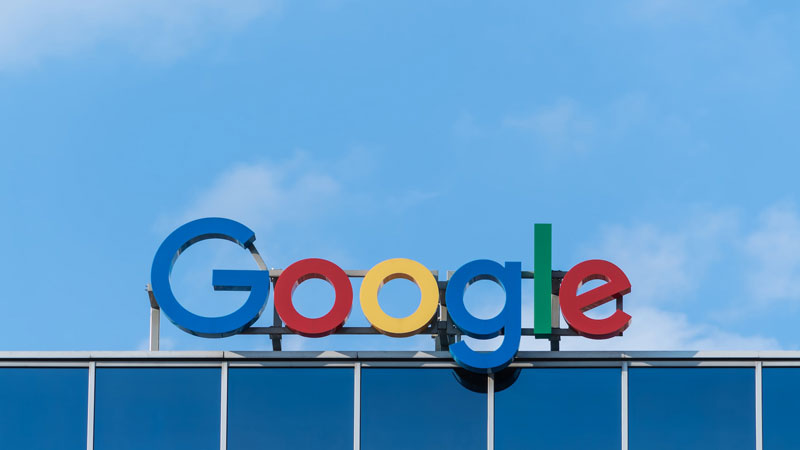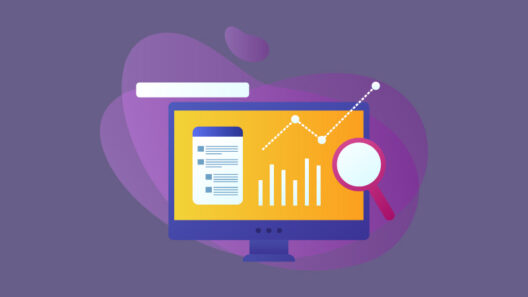The digital marketing landscape is in a constant state of evolution in today’s digital era. One of the most revolutionary advancements that have transformed the way businesses optimize their online presence is the integration of artificial intelligence (AI) into search engine optimization (SEO) strategies. AI has emerged as a game-changer, enabling marketers to gain valuable insights, streamline processes, and achieve remarkable results.
In this blog post, we will explore the powerful partnership between AI and SEO. And how it is shaping the future of digital marketing.
Artificial Intelligence in SEO: A Powerful Partnership
AI, with its ability to mimic human intelligence and perform complex tasks, has found a natural ally in SEO, which aims to enhance a website’s visibility and relevance in search engine results. By harnessing the capabilities of AI, marketers can unlock valuable insights, streamline processes, and achieve remarkable results in their SEO efforts.
The synergy between AI and SEO has paved the way for advanced techniques and tools that leverage machine learning, natural language processing, and predictive analytics. These technologies enable marketers to delve into vast amounts of data, understand user intent, and make data-driven decisions to optimize websites and deliver exceptional user experiences.
Here, we will explore the powerful partnership between AI and SEO, examining how it is transforming the digital marketing landscape.
Understanding Artificial Intelligence in SEO
Artificial intelligence encompasses the capability of computer systems to execute tasks typically associated with human intelligence. In the context of SEO, AI algorithms can analyze vast amounts of data, learn patterns, and make data-driven decisions to enhance website visibility and ranking on SERP. AI-powered SEO tools and techniques leverage machine learning, natural language processing, and predictive analytics to optimize websites and improve user experiences.
Enhanced Keyword Research and Content Creation
Keyword research is a vital aspect of SEO, and AI has revolutionized this process. AI-powered tools can analyze search patterns, identify relevant keywords, and suggest content ideas. By harnessing AI algorithms, marketers can gain a deeper understanding of user intent, optimize content for specific queries, and create highly targeted and engaging content that resonates with their audience.
Intelligent On-Page Optimization
On-page optimization aims to enhance a webpage’s visibility on search engines by optimizing its various elements. AI algorithms can automatically analyze website elements, such as title tags, meta descriptions, heading tags, and internal links, and provide recommendations for improvement. AI-powered SEO tools can also analyze website performance metrics, identify areas for improvement, and suggest strategies for enhancing page load speed, mobile responsiveness, and user experience.
Personalized User Experiences
AI plays a significant role in delivering personalized experiences to website visitors. By analyzing user behavior, AI algorithms can understand individual preferences. It also provides relevant content recommendations, personalized product suggestions, and customized user interfaces. This level of personalization not only enhances user satisfaction but also increases engagement, conversion rates, and ultimately, organic search rankings.
Advanced Data Analytics and Insights
AI-powered SEO tools can analyze vast amounts of data, providing marketers with actionable insights. These tools can identify patterns, trends, and anomalies, enabling marketers to optimize their strategies based on real-time data. AI algorithms can also perform sentiment analysis to gauge public opinion and provide valuable insights for reputation management and brand monitoring. By leveraging AI analytics, marketers can make data-driven decisions, identify new opportunities, and stay ahead of the competition.
Voice Search Optimization
Optimizing for voice search has become essential due to the increasing popularity of voice assistants and smart devices. AI-driven voice recognition technologies, such as Siri, Google Assistant, and Alexa, rely on natural language processing and machine learning algorithms to understand user queries. Marketers can optimize their content by focusing on long-tail keywords, and conversational phrases, and providing concise answers to commonly asked questions. By incorporating AI into voice search optimization strategies, businesses can tap into the rapidly growing segment of voice search users.
Predictive Analytics and Rank Tracking
AI-powered SEO tools can analyze historical data and user behavior patterns to predict future trends and outcomes. Marketers can leverage predictive analytics to anticipate changes in search algorithms, identify emerging keywords, and adjust their strategies accordingly. AI algorithms can also track keyword rankings and provide real-time updates, allowing marketers to monitor performance, identify ranking fluctuations, and take necessary actions to maintain or improve their positions in SERPs.
Automated Link-Building and Outreach
Link building is a crucial aspect of SEO, but it can be time-consuming and challenging to execute effectively. AI can automate the process of finding potential link-building opportunities by analyzing website data, competitor analysis, and industry trends. AI-powered tools can identify relevant websites, evaluate their authority, and even automate outreach emails. By streamlining the link-building process, AI enables marketers to focus on high-value tasks and improve the efficiency and effectiveness of their SEO campaigns.
Intelligent Data-Driven Decision Making
In the vast sea of data available to digital marketers, AI plays a significant role in extracting meaningful insights and guiding decision-making processes. AI algorithms can analyze data from various sources, such as website analytics, social media metrics, and customer interactions, to uncover patterns and trends that humans might overlook. By leveraging AI-driven data analysis, marketers can make informed decisions, optimize marketing campaigns, and allocate resources more effectively.
Algorithmic Updates and SEO Adaptation
Search engine algorithms are constantly evolving, and staying up-to-date with the latest changes is crucial for SEO success. AI can assist in tracking algorithmic updates, analyzing their impact, and providing recommendations for adapting SEO strategies. AI-powered tools can identify potential issues, such as penalties or drops in rankings, and help marketers diagnose the root causes. By keeping pace with algorithmic changes through AI, businesses can maintain their visibility and adapt their strategies accordingly.
Competitive Analysis and Market Insights
AI can provide valuable insights into the competitive landscape, helping businesses understand their competitors’ strategies and identify opportunities for improvement. AI algorithms can analyze competitor websites, backlink profiles, content strategies, and social media presence to gain a comprehensive understanding of their digital footprint. By leveraging AI-driven competitive analysis, marketers can fine-tune their SEO strategies, differentiate their offerings, and gain a competitive edge in the market.
Continuous Optimization and Improvement
AI-driven SEO is not a one-time implementation but an ongoing process. With AI algorithms continuously learning from data and user interactions, marketers can benefit from continuous optimization and improvement. AI-powered tools can perform A/B testing, analyze user feedback, and provide recommendations for improving website performance, user experience, and conversion rates. By embracing continuous optimization through AI, businesses can adapt to evolving user preferences and maintain a competitive advantage.
Conclusion
Artificial Intelligence in SEO is such that the powerful partnership between AI and SEO is transforming the digital marketing landscape. Embracing AI technologies empowers marketers to unlock new levels of optimization, insights, and automation. This will allow businesses to thrive in an increasingly competitive online environment. By harnessing the dynamic duo of AI and SEO, businesses can future-proof their digital marketing strategies and achieve remarkable results in the ever-evolving world of digital marketing.
Relevant content: The Impact of AI on Crafting SEO Content





